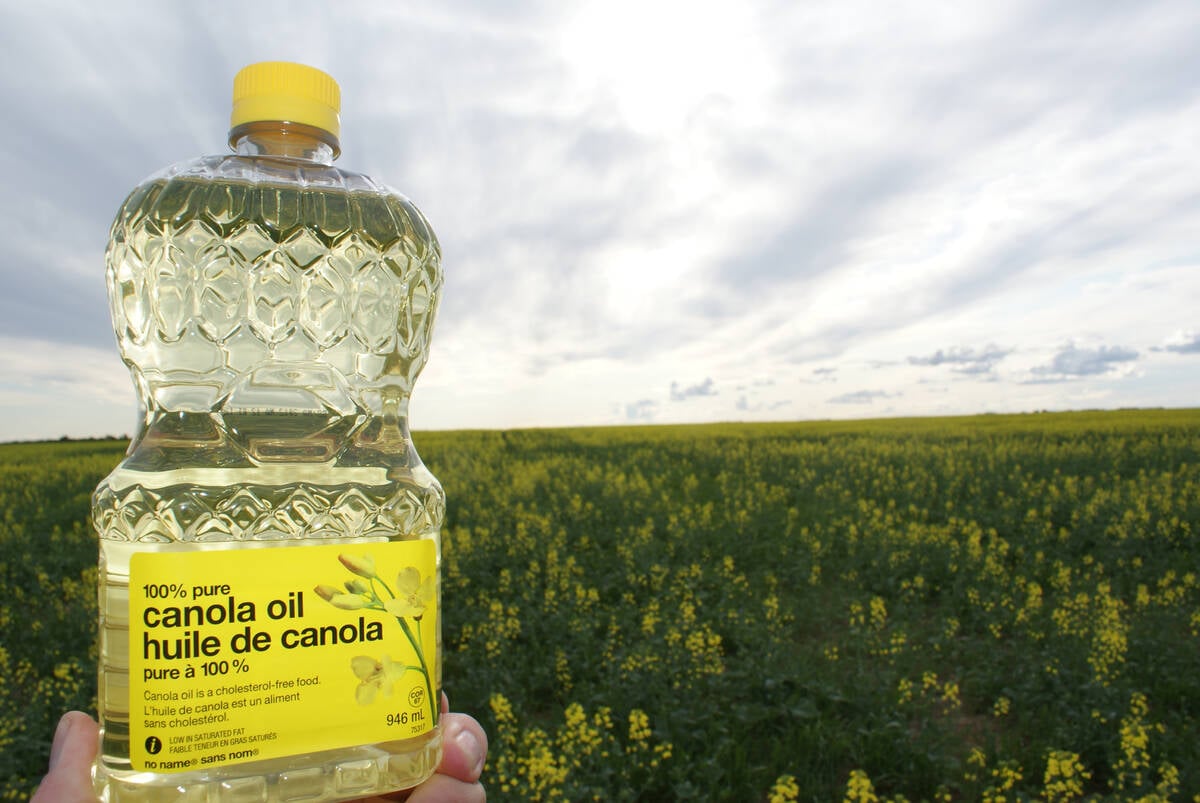The Canola Council of Canada has committed $240,000 in research funding to investigate the lesser-known benefits of canola.
The canola council will partner with the Natural Sciences Engineering Research Council of Canada (NSERC) and Syngenta Crop Protection to fund work by Usha Thiyam of the University of Manitoba.
In total, the three organizations will provide $960,000 in funding over three years, with NSERC contributing $480,000. The canola council and Syngenta will split the remainder of the funding.
Thiyam, a professor of human ecology who specializes in edible oils, will study the properties of antioxidants in canola seed, oil and meal.
Read Also

Rising vegetable oil demand may offset bad biofuel news
Global biodiesel/renewable diesel production is expected to decline for the first time in a decade. Bad timing for a canola industry looking for new markets.
“We’ve been talking about improving the functionality and nutraceutical properties of canola oil for quite a while,” said Dave Hickling, vice-president of utilization for the canola council.
“It’s all about value-added, if that’s the buzzword we can use. There are opportunities here to increase the market value of canola oil.”
This research project will be distinct from ongoing clinical studies into the benefits of canola oil for people with Type 2 diabetes and heart disease, Hickling said.
Thiyam’s work will be a lab-based study to discover the functional properties of antioxidants, such as sinapic acid, and how to optimize the benefits of extracts for nutrition or oil stability.
“Down the road, if all goes well and we find some promising products coming out of this, then certainly, they could be taken to clinical study,” Hickling said.















